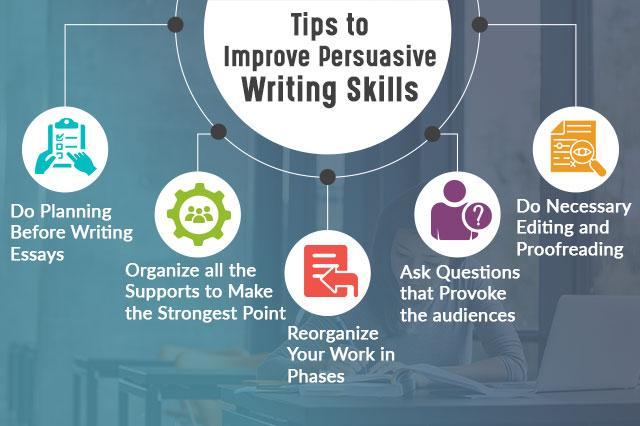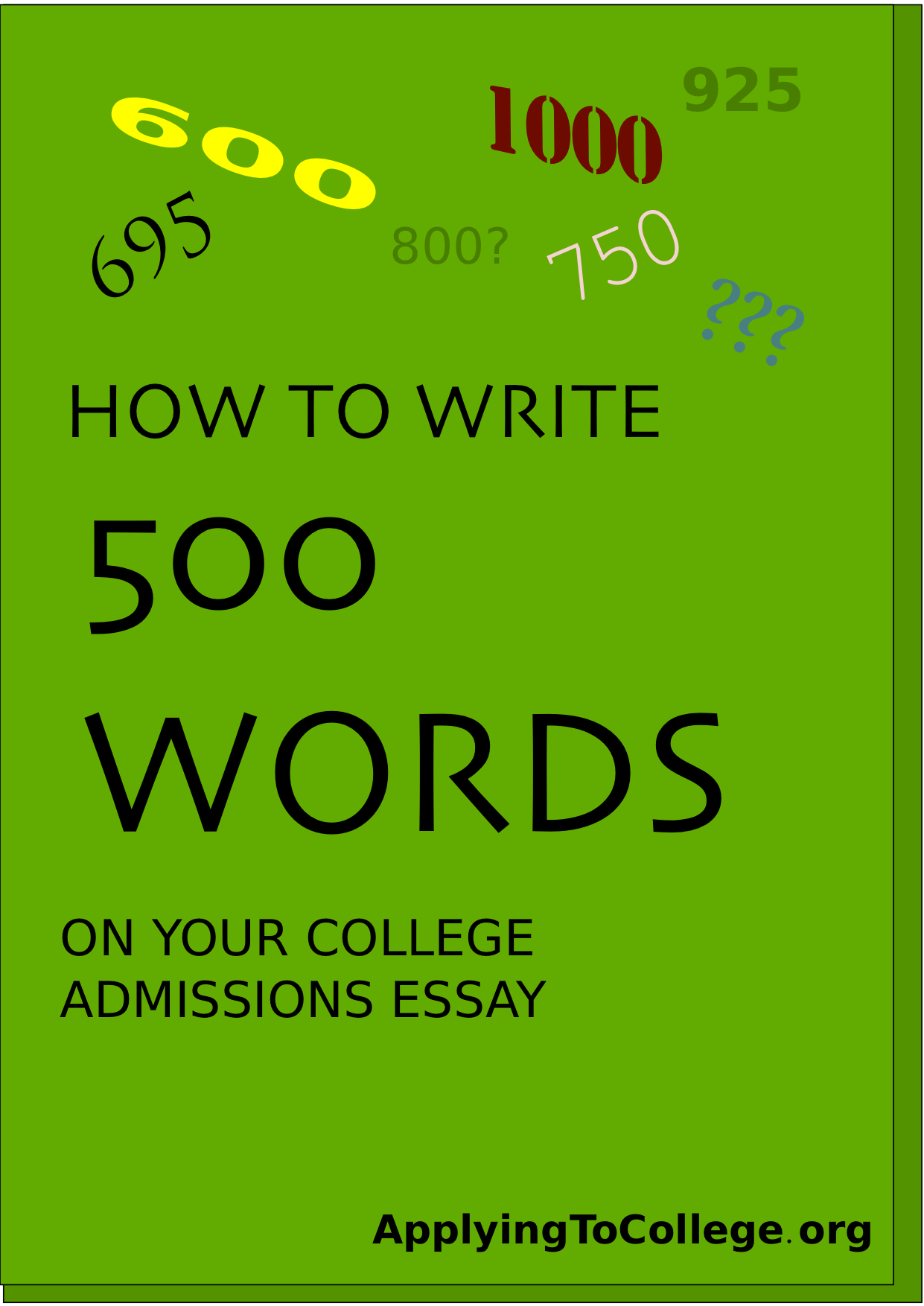How to Write a Good Persuasive Essay
Getting started with a persuasive essay requires some planning and preparation. The main aspects to focus on are: Logic, Examples, and Research. Here are some helpful tips for writing an effective persuasive essay. To begin, outline the essay before beginning. This will help you focus on the key components of the paper and prevent getting lost while writing. Make sure to write a rough draft without editing it before revising it. You can use your outline as a guide to create the final essay.
Argumentative essay
The basic idea of an argumentative essay is to support three main claims with facts and arguments. You may wish to present the opposite side in the third body paragraph. If you are trying to convince a reader to agree with you, be sure to offer counter-arguments that can be backed up by data. This will show your audience that you are knowledgeable about your subject and are aware of the opposing arguments. This is expected at the university level.
To begin an argumentative essay, start with an introduction paragraph. In your introduction paragraph, explain your topic and why it is important to your audience. Be sure to convince them of its importance. In addition, give some background information to help the reader understand your arguments. Once the reader understands the topic and the purpose of your essay, they can then move on to the body of the essay. Once you’ve done this, the next step is to write the rest of the essay.
Logic
If you’re writing an essay to persuade someone of a certain point of view, the strongest persuasive essays will organize their evidence logically and with smooth transitions. A good persuasive essay can use many types of evidence, including hard research-based evidence and soft evidence such as anecdotes or narratives. The most effective persuasive essays will include evidence that reinforces the main idea of the essay and clearly supports the thesis.
Logic can help you structure your argument, even if you’re struggling to persuade someone. The first step in composing a persuasive essay is knowing what the most effective arguments are. Make sure to avoid making logical fallacies, because these can sink your essay. Make sure to know the differences between the different types of fallacies, too. Also, make sure that your essay is proofread and edited to avoid errors.
Examples
While you may think that it is not polite to discuss politics or religion in an essay, this doesn’t mean you cannot talk about controversial issues in your essay. Consider the opinions of other people on the same topic, such as the merits of same-sex marriage or the protection of religious liberties. It can also be beneficial to include counter arguments. If your argument does not convince the reader, you may have to address a different issue altogether.
As you may be aware, persuasive texts aim to influence readers by making them want to believe in the message. They are often used to persuade people to take a particular action or purchase a product. Good persuasive texts use images, powerful language and evidence to convince their audience to follow the message. You can find examples of persuasive texts in a variety of media, including advertisements and newspaper columns. These texts are composed of three main parts: the introduction, the central argument, and the conclusion.
Research
To write a persuasive essay, you must first research your topic, formulate an argument, and gather evidence to back it up. The Purdue Global Library has tutorials on research, sources, and evaluation. Research establishes your credibility as an authority, provides a logical framework for your argument, and appeals to readers emotionally. Here are tips to get you started. Read on to learn more about the process of research.
Choose a topic you are passionate about. A personal interest or position is the best topic. You may even want to prewrite it by recording your thoughts in grocery list format, or simply freewriting your thoughts on a topic of your choice. Remember that the topic must be interesting and easily researched. Remember that it should be non-fiction. Also, avoid topics that are too personal or conspiracy theories. This way, your topic will be more authentic and easier to defend.





